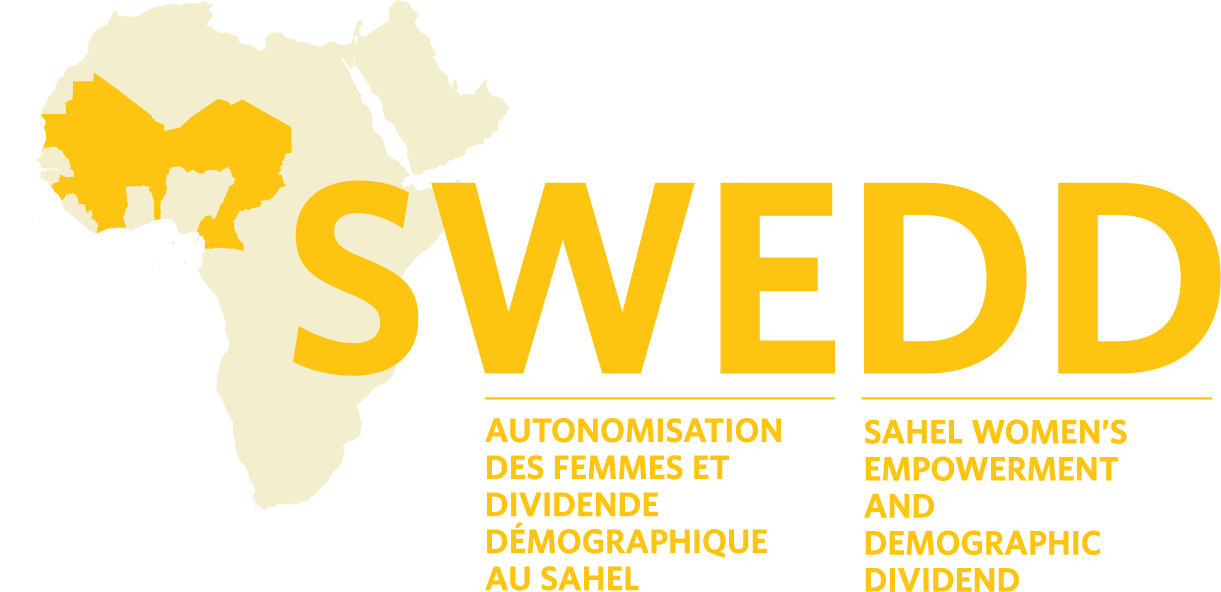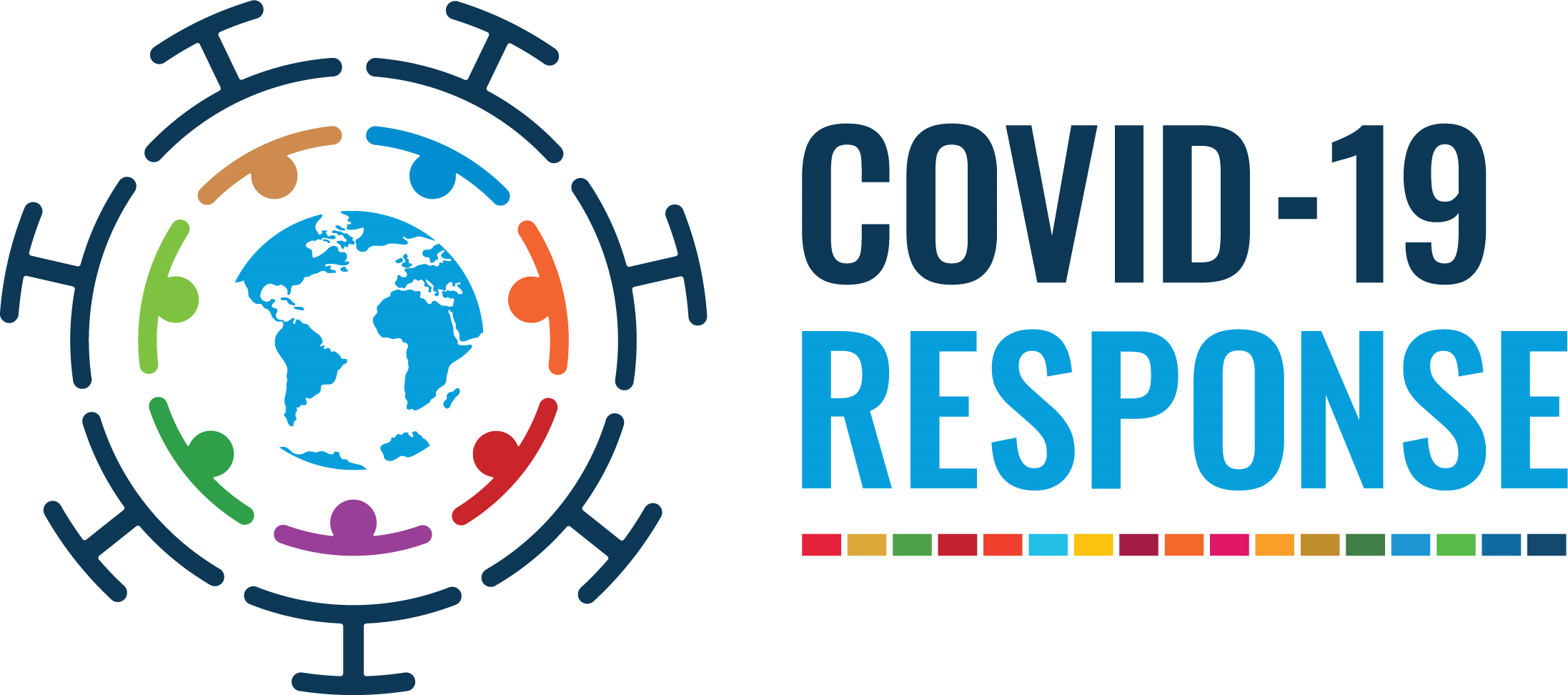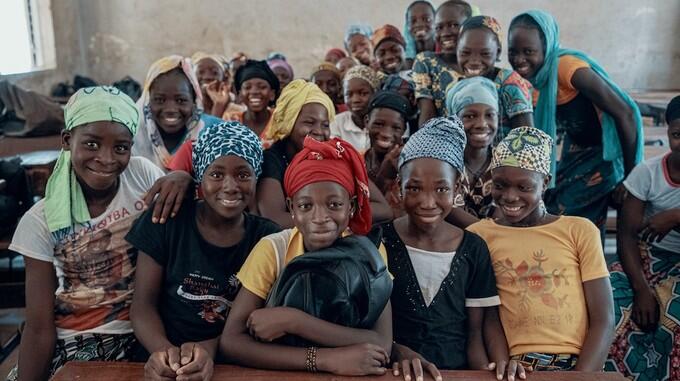


Le Conseil des administrateurs de la Banque mondiale vient d’autoriser l’exécution de la phase 2 du projet Autonomisation des Femmes et Dividende Démographique au Sahel (SWEDD). Ce projet ambitieux et novateur, œuvre à accélérer la transition démographique et réduire les inégalités de genre. La Banque mondiale a octroyé un montant additionnel de 376 millions de dollars, portant son investissement global à 680 millions de dollars pour renforcer le capital humain et impacter le développement des pays africains.
« La Banque mondiale estime qu'il ne peut y avoir de croissance économique durable sans autonomisation des femmes, et considère la pleine participation et l'inclusion des filles et des femmes comme un facteur déterminant des progrès du continent », insiste Deborah Wetzel, Directrice de l’intégration régionale en Afrique à la Banque mondiale.
La Phase 2 du projet permettra d'intensifier les activités en Côte d'Ivoire, au Mali, en Mauritanie et au Tchad et de les étendre à deux nouveaux pays : le Cameroun (75 millions de dollars) et la Guinée (60 millions de dollars).
Se félicitant de l'autorisation de SWEDD 2, Dr Natalia Kanem, Directrice exécutive du Fonds des Nations Unies pour la population (UNFPA) a déclaré que c'était "un investissement dans les femmes et les filles est un investissement dans un avenir plus équitable."
Rappelant l’importance d’investir dans le capital humain, Mabingue Ngom, Directeur régional de l'UNFPA pour l'Afrique de l'Ouest et du Centre a affirmé : « L’autorisation de SWEDD 2 change la donne dans nos efforts pour autonomiser les femmes et améliorer la vie des filles et des femmes au Sahel. Il accélérera certainement une transition démographique et un changement transformateur accéléré dans la région. Notre gratitude à la Banque mondiale pour son soutien à l'intensification de ce projet alors que nous nous efforçons de réaliser des interventions plus efficaces.»
En sus des axes stratégiques et interventions de la phase 1, l’intégration des lois et normes réglementaires, religieuses et coutumières, et la prévention et une meilleure réponse aux violences à l'égard des femmes seront mises au premier plan. Les investissements permettront également de faciliter l'accès à des médicaments essentiels, y compris en ce qui concerne la délivrance de moyens de contraception au niveau communautaire, et de renforcer les capacités des sages-femmes à intervenir auprès des femmes et des adolescentes dans les zones rurales.
L'un des volets importants du SWEDD 2 met l’accent sur le renforcement des cadres juridiques qui soutiennent les droits des femmes à la santé et à l'éducation. Les activités financées par le projet ont été définies au niveau national et régional à la suite de consultations entre parlementaires, juges et avocats, dans les pays couverts par le projet SWEDD et au-delà. Elles portent sur le renforcement de la législation et des capacités de l'appareil judiciaire, ainsi que sur la promotion de la diffusion et de l'application de la législation existante dans les communautés où des pratiques néfastes sont très répandues.
Par ailleurs, le projet s’est enrichi, avec l'Union africaine (UA), d’un nouveau partenaire stratégique. Rassemblant 55 États, l'UA est la plus grande organisation intergouvernementale du continent et, à ce titre, elle constitue une enceinte de premier plan en faveur des transformations sociales et économiques. Ce partenariat viendra consolider la capacité de l'UA à servir de cadre à la codification de réformes politiques et juridiques, à faciliter l'échange entre pairs et à communiquer les progrès réalisés dans les domaines liés à la promotion de l'autonomisation des femmes sur le continent.
Le projet SWEDD s’inscrit dans la ligne de l'Agenda 2063 de l'UA, ainsi que des stratégies nationales des différents pays bénéficiaires. Il contribue également à la stratégie d'aide à l'intégration et à la coopération régionales du Groupe de la Banque mondiale, qui met l’accent sur le développement du capital humain et s'attache en particulier à favoriser l'émancipation économique des femmes.
Sur le projet SWEDD et le déroulement de la Phase 1
L’initiative régionale SWEDD est une réponse concertée entre les Nations Unies et la Banque mondiale à l’appel à l’action lancé en 2013 par les Chefs d’Etats sur les défis démographiques au Sahel. La phase 1 du projet a été mise en œuvre entre 2015 et 2019 (SWEDD 1) dans sept pays (Burkina Faso, Côte d'Ivoire, Mali, Mauritanie, Niger et Tchad), puis au Bénin, avec l’appui financier de la Banque mondiale et l'appui technique de l’UNFPA pour la coordination globale du projet ainsi que de l’Organisation Ouest-Africaine de la Santé (OOAS).
En sa qualité d’agence en charge des questions de population, de santé de la reproduction, le choix de l’UNFPA se justifie d’autant que les axes d’interventions du SWEDD sont en adéquation avec le mandat et l'approche de l’agence onusienne. L’UNFPA par le truchement de son Bureau régional pour l’Afrique de l’Ouest et du Centre (BRAOC) qui assure le Secrétariat Technique Régional (STR) a établi des mécanismes de mise en œuvre grâce à une équipe dédiée, appuyée par un pool de consultants internationaux et nationaux et de points focaux SWEDD dans les Bureaux pays de l’UNFPA. La coordination par l’UNFPA est appuyée par des partenaires spécialisés et est également axée sur la conduite de la campagne régionale de communication et de promotion des changements de comportements sociaux.
En quatre ans, le SWEDD a contribué à une évolution positive dans les domaines de compétences psychosociales et de connaissances des jeunes filles en matière de santé sexuelle et reproductive, à les maintenir à l'école et à élargir leurs perspectives économiques. Les indicateurs-clés centrés sur l’éducation des filles, fécondité des adolescentes, planification familiale, santé de la mère et de l’enfant, rapport de dépendance des enfants et relèvement de l’âge du mariage ont connu de nettes améliorations.
Contacts:
Céline Adotevi, SWEDD Communications Specialist: adotevi@unfpa.org
Jacob Enoh Eben, UNFPA Regional Communication and Advocacy Advisor: eben@unfpa.org


